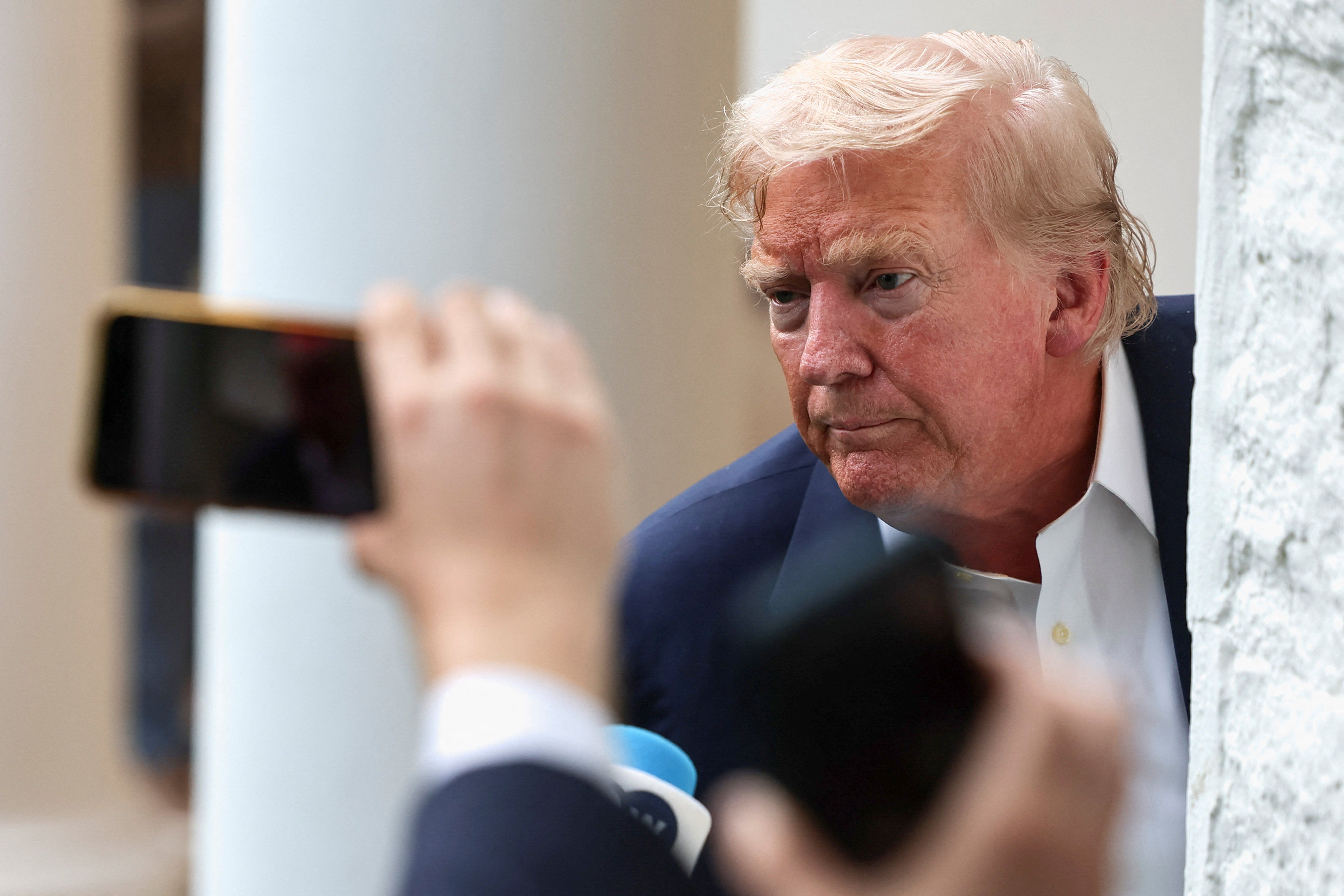Corruption in American politics is increasingly emerging as a major issue for voters and parties alike, with sizable majorities expressing concerns about the influence of money in government.
In an article for MSNBC published Monday, political commentator Steve Benen argued that the conditions surrounding the current Republican‑controlled Washington closely mirror those of the mid‑2000s — when an unpopular GOP president, a same‑party Congress, and widespread ethics scandals paved the way for a Democratic resurgence.
"GOP officials see evidence of a growing public backlash to the party’s overreach and flailing agenda ahead of the midterm elections, all of which is made more complicated by a series of corruption and ethics controversies," Benen wrote.
He noted that in 2005-06, with George W. Bush in his second term and his party leading both the House and Senate, several Republican members were ensnared in corruption scandals – Tom DeLay, Duke Cunningham, Bob Ney and Mark Foley, among others – which opened the door for Democrats to retake both chambers.
Benen argued that “two decades later, conditions appear ripe for a sequel.”
He pointed to a growing roster of Republican controversies – from the White House border czar Tom Homan allegedly accepting $50,000 in cash in a bag, to a Florida congressman facing a restraining order, to a Pennsylvania representative running afoul of ethics rules over stock trades.
He also cited ethics woes involving Secretary of Homeland Security Kristi Noem, Defense Secretary Pete Hegseth’s investigations by the Pentagon inspector general, and a federal probe of Rep. Andy Ogles (R-TN).
On the judiciary side, he noted that Supreme Court Justice Clarence Thomas “has faced so many ethics allegations that it became challenging to keep up with all of them.”
He observed that President Donald Trump, now a convicted felon, “is practically a pioneer when it comes to corruption, not only abusing government agencies and processes, but also using his position to enrich himself and his family.”
While many of those implicated have denied wrongdoing, and the phrase “culture of corruption” is not as prominent as two decades ago, Benen emphasized that polls consistently show Americans are deeply concerned about corruption. He concluded that this issue is likely to become a key campaign theme as the midterm elections approach.
